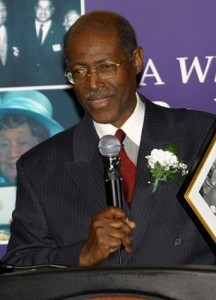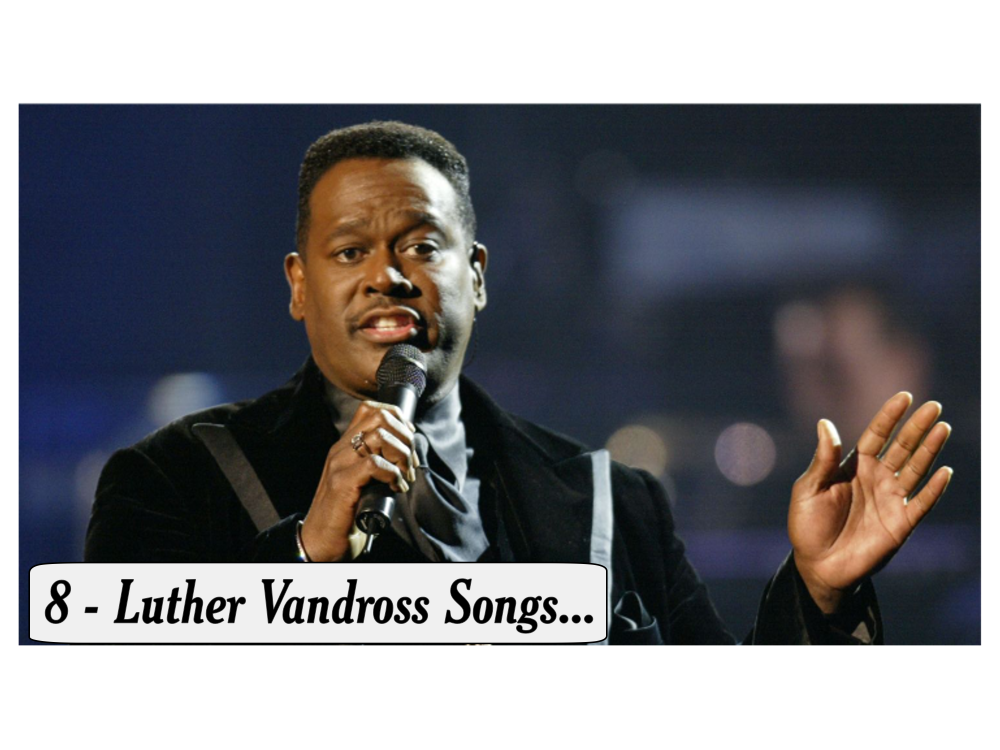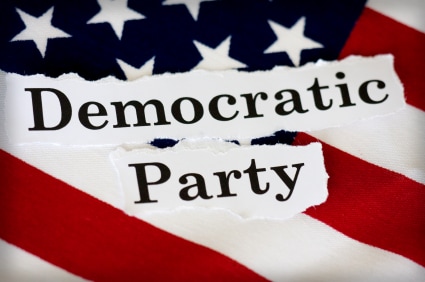 (ThyBlackMan.com) Now we have the Coffee Party movement which I suppose is a liberal counterpart to the Tea Party that emerged in the Washington, D.C. area, led by Annabel Park, a documentary filmmaker, who was horrified by the ugly, menacing and anti-government spirit of the Tea Party crowd that emerged to disrupt the flow of civil discussion about important issues.
(ThyBlackMan.com) Now we have the Coffee Party movement which I suppose is a liberal counterpart to the Tea Party that emerged in the Washington, D.C. area, led by Annabel Park, a documentary filmmaker, who was horrified by the ugly, menacing and anti-government spirit of the Tea Party crowd that emerged to disrupt the flow of civil discussion about important issues.
I’ve been wondering, where are the folks who voted for Barack Obama, who believe in hope and change and long for a new post-Bush, post-Conservative America.
Well, many of the ground troops who were responsible for Obama’s grass roots organizing efforts included young adults who returned to school or back to their professions or to their normal day-to-day lives. They have vanished from the political scene.
When they disbanded, they left the field open to those who have mounted a movement not designed to be a force for change, but for the status quo and even for retrogression, wanting to “take back America” from a future they fear.
The group, Organizing for America, that created the repository of the Obama campaign, has largely been ineffective and the nonprofit’s leader, David Plouffe, Obama’s chief campaign strategist, has recently been called back to the White House.
However, a discussion has ensued at the community level across the country about the role of government and the Tea Party movement and now the Coffee Party, as being civic instruments in this process. The Republican Party seems to be attempting to grab hold of the Tea Party movement and turn it into an Election Day force against vulnerable Democrats during the mid-term elections. At this point, the Coffee party is lagging and the Democratic Party has not made its move.
Where does this put Blacks? There is a healthy discussion going on in the Black community about the role of President Obama and his responsibility, or his lack thereof to the Black community, with the exception of Tavis Smiley. There are those who believe that they must make Obama accountable, however, they have yet to put a mechanism in place to do so.
There has been a long discussion about the worth of a Black political party and many years ago, I joined Ron Daniels and others in an attempt to create one. The irony of that experiment was while half of the people attracted to the idea wanted it to serve as a power-base for elections, others wanted it to only exist as a grass roots organizing tool. It eventually split along those lines.
Today, it’s clear, beyond the general discussions about accountability, there needs to be not only a place where you can get down to the “nuts and bolts” about who should be held accountable, but how to develop effective strategies to achieve a means to an end.
A Black party could enable the discussion about accountability that would focus on the cabinet agencies where the Federal budget exists to achieve some of the things needed by the Black community. Several of the programs being rolled out around jobs and a new focus on home foreclosures look good, but others that include “Race to the Top” as an educational program appears questionable –the issue is that few of these programs have been developed by individuals for whom the programs are intended to help.
A Black party could also monitor local initiatives more effectively. That’s where the rubber meets the road — in local communities — with mayors, county officials, state legislators and others, who presumably have some idea of what it takes to make Black communities whole.
A mobilized force could assist in this task of analyzing community needs and determining whether or to what extent those needs are being met.
What I am suggesting has been happening to some extent with civil rights organizations that include the Institute of the Black World 21st Century along with the actions of progressive Black officials at national, state and local levels.
However, there should be a greater role for citizen engagement. A Black party mechanism could be the key. What we are witnessing is the rush of media attention to these movements, a dynamic that gives them power and diminishes our interests. A mobilization effort would give us the power to regain the footing necessary to address our condition.
Written By Ron Walters

















Leave a Reply